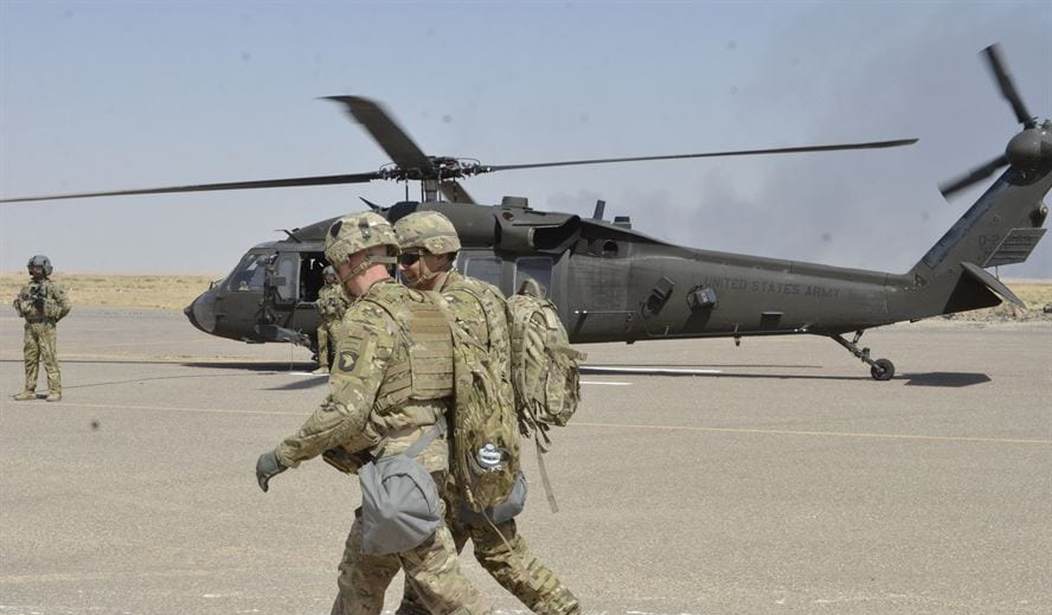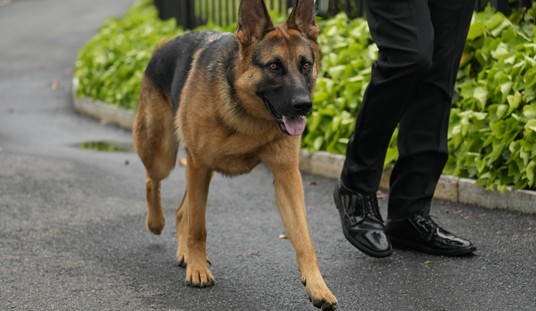Defense Secretary Ashton Carter told reporters today that 600 additional troops being sent to Iraq will be performing the same “logistics, train, advise and assist and intelligence support” duties as the U.S. service members already deployed there.
The announcement follows July’s uptick of 560 additional troops, and comes before the long-awaited coalition assault to retake Mosul from the Islamic State.
Carter said the latest troop boost was his request, along with Chairman of the Joint Chiefs of Staff Gen. Joseph Dunford; President Obama and Iraqi Prime Minister Haider al-Abadi signed off on it.
“These forces will be primarily to enable Iraqi security forces and also Peshmerga in the operations to isolate and collapse ISIL’s control over Mosul. But also, to protect and expand Iraqi security force’s gains elsewhere in Iraq,” Carter told reporters in Albuquerque, where he was touring U.S. nuclear facilities.
“As we said all along, whenever we see opportunities to accelerate the campaign, we want to seize them. We have consistently done so. The president has approved them whenever General Dunford and I have presented them to him and Prime Minister Abadi too has approved, as he must, because he is the commander of this campaign, these increases in our capabilities there,” he said.
“We’ll stay in close contact with the Iraqi government as the campaign to defeat Daesh and expel it from Mosul intensifies in the coming weeks, including the role of all of the coalition forces there as they continue to assist the Iraqi forces in delivering ISIL a lasting defeat.”
The Defense secretary said Qayyarah West, a former Iraqi air base, is “one location” where the additional troops may be deployed as they build out the base “so that Iraqi forces that are in the southern part of the country have an easy way of deploying up to the Mosul area, so it’d be a major logistics hub.”
“I need to make clear once again — American forces combating ISIL in Iraq are in harm’s way. It’s a responsibility I take very seriously. No one should be in any doubt about that,” Carter said.
“The train, advise, assist, the logistics roles, the enhanced intelligence roles, all of these people put our forces in a country which is obviously where there’s a lot of violence, and force protection is part of all of these packages and is an extremely important part of it,” he added.
Carter said the new troop level “is what we now foresee as required for the envelopment and seizure of Mosul,” but they’ll “continue to assess” that with Abadi.
“We’re on schedule in terms of marshaling the forces there. So the force generation, which begins with training and arming and is a process that has moved along now consistently for many months; the movement, then, of those forces both Iraqi army and [Iraqi Counter Terrorism Service] forces, and also Peshmerga forces,” he said.
“…We do not know what ISIL’s plans will be for the defense of Mosul nor whether they’ll be able to carry out whatever plans they have, whether their fighters will stick with them, whether they’ll have morale to do that, whether the populous of Mosul will tolerate their continued presence in their city under those circumstances.”
Carter emphasized that the U.S. is going to “continue to help the Iraqi security forces in whatever measure and manner they wish to consolidate the control over their country after they’ve re-captured this last major ISIL center.”









Join the conversation as a VIP Member